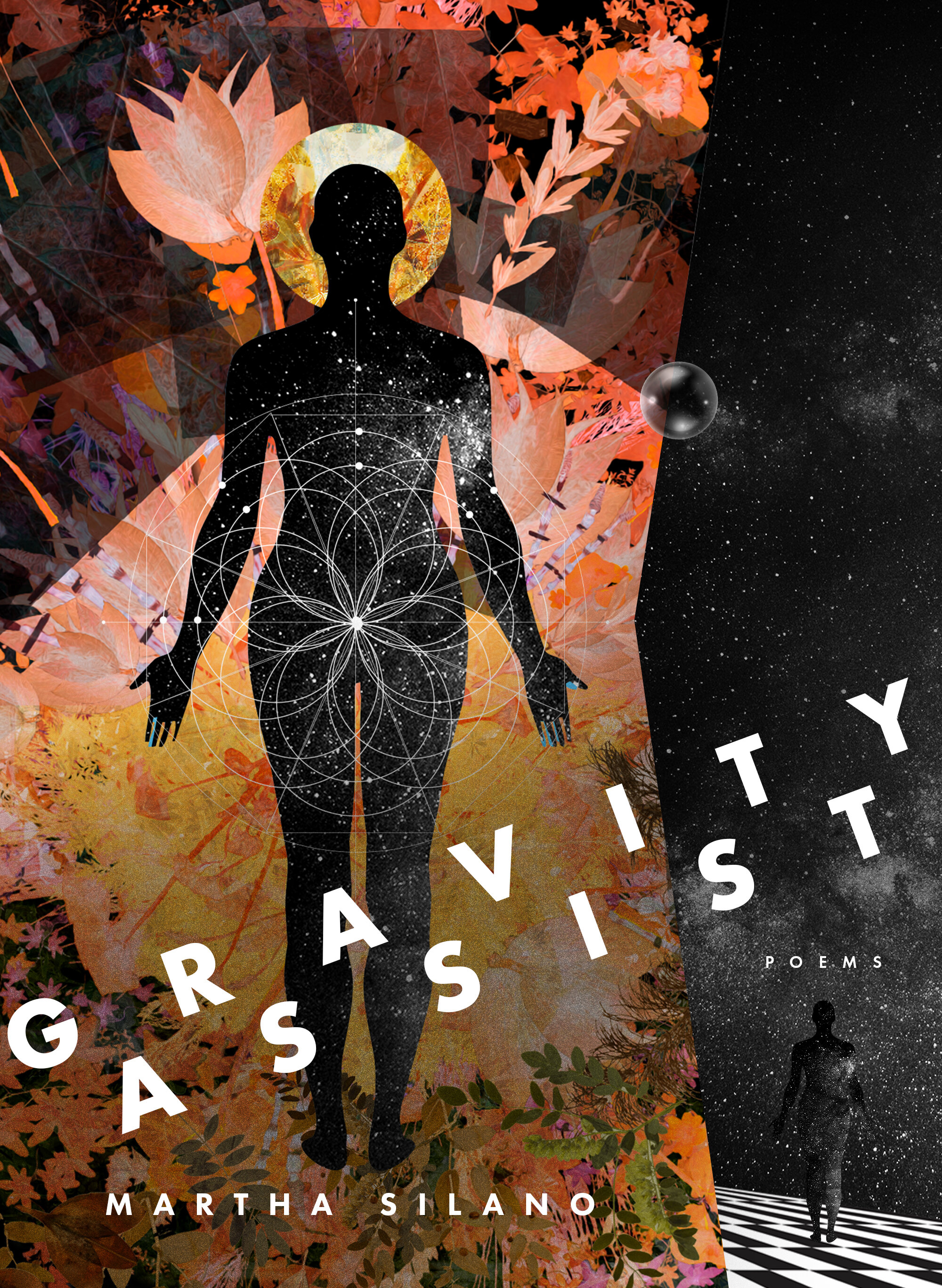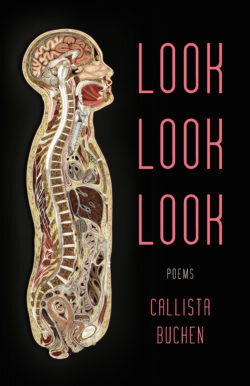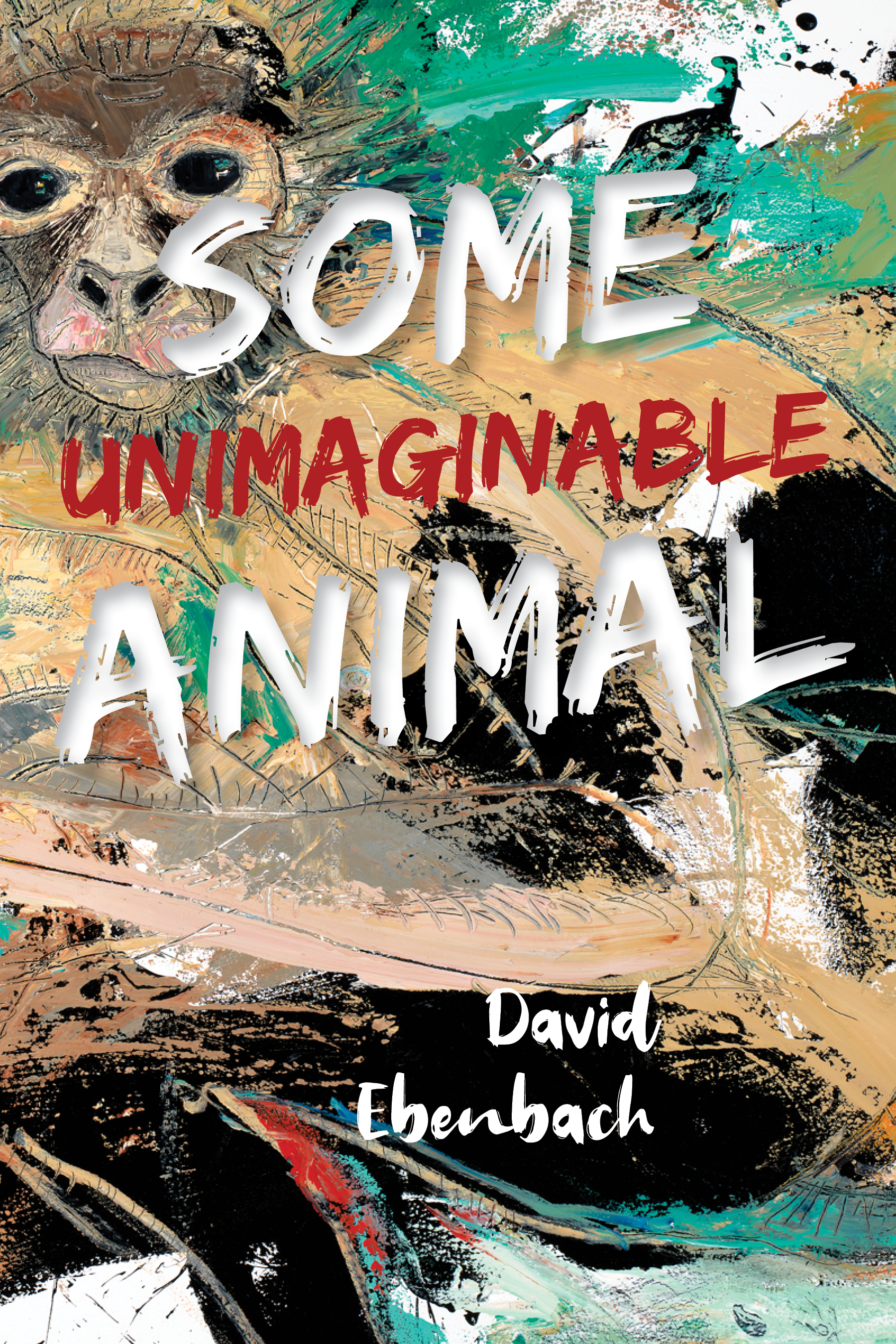one
Martha Silano, Gravity Assist (Saturnalia Books, 2019)
Among our three collections, Martha Silano’s Gravity Assist fits most squarely within the kunst- and wunderkammer tradition. Each of the book’s sections (“Periapsis,” “Orbit Insertion” and “Escape Velocity”) navigates the shifting distances between speaker and world, the inexhaustible layers of the visible and invisible. And, like those generously packed curiosity cabinets of the past, Silano’s poems overflow with natural and manmade artifacts, all gorgeously described. Take this passage from “Beneath twelve feet of ashy topsoil”:
. . . here they are: the blue-glass
pitcher, snake bracelet, bowl in the shape of a shell.
Here’s the bronze speculum, tools for extracting,
for pulling back the skin, the bloodletting suction cup.
Here, the scales for weighing, by the libra, by the unicae,
eel and octopus, almonds and broad beans, peaches
and dates; here the ruddy amphorae, two-handled
vessels housing garum, fruit sauce, oil; . . .
The hawk-like eye and insatiable appetite for the world, on display here, are just a few of Silano’s gifts. They come, as well, with an encyclopedic vocabulary for naming. Dozens of the scientific, medical and geographic references in Silano’s poems sent me straight to Google. What exactly is a “benthic tubeworm,” anyway? And where are those “Kunlun Shan Mountains”? In some ways, of course, the answers don’t matter, as these precisely named things serve, in part, to ornament the poem’s surface. Though, like a wunderkammer bristling with taxidermied bodies of obscure creatures, they offer the reader sharp new bits of knowledge.
Sparks fly when Silano’s hunger for naming intersects with human foibles. In “Ode to Autocorrect,” for instance, O’Hare Airport transforms to “o hate.” Hate leads us quickly down the slippery path, where the innocent text, “I get home,” turns into “I get guns.” The litany that follows is equal parts delicious and disturbing:
. . . My feet, iamb
of a son of a birch, of a brick chatting
with the devil, with God, with a listener
not listening. Because he’d gone bonnets,
his garden bounty a faded wine, his wife’s
linguine longing for a golden ear,
so I took her to the botanical gardens
in my getaway car, to a fruit on a vine,
but the limes went lemur, the night to nonfat,
the clear to catastrophic.
Given all this richness, what kind of self is implied by these poems?
“Despite Nagging Malfunctions,” a pseudo-ars poetica, offers one clue:
. . . I fell in love
with Fornax, Latin for furnace, divine impersonation
of oven, Roman Goddess of baking bread, constellation
from which we gander at galaxy UDFj-39546284,
most distant object in the universe.
In this charmingly imagined origin story, both a love of seeing and a love of distance define the speaker. Likewise, “The World” rhapsodizes all things untouchable and untamable: the world’s “toothsome fissures” and “calderas,” its convoluted formulas and “spiral notebook of incomprehensibles.” But the poem closes on the image of “the blue beyond the pelvic bone’s socket: frosty, flanged, fecund.” Here, Silano reminds us that what seems intimately near remains, ultimately, distant. Infinite.
And don’t we all long for the infinite?
“I am the miraculous,” begins the penultimate poem in the book. The speaker is both the omnipresent “traffic running smoothly down Oak” and the hidden “hyaloid canal/that gave you sight,” a self that’s fleeting, like “lightning’s formation,” but also strangely persistent:
All of me summed up
in one small artifact: a pair of fornicating froghoppers
entombed in sap.
This is Martha Silano at her best: naming, summing, recklessly inventing. “I bore thousands,” she pronounces happily at the end of this poem, “each one named Incredulous.”










